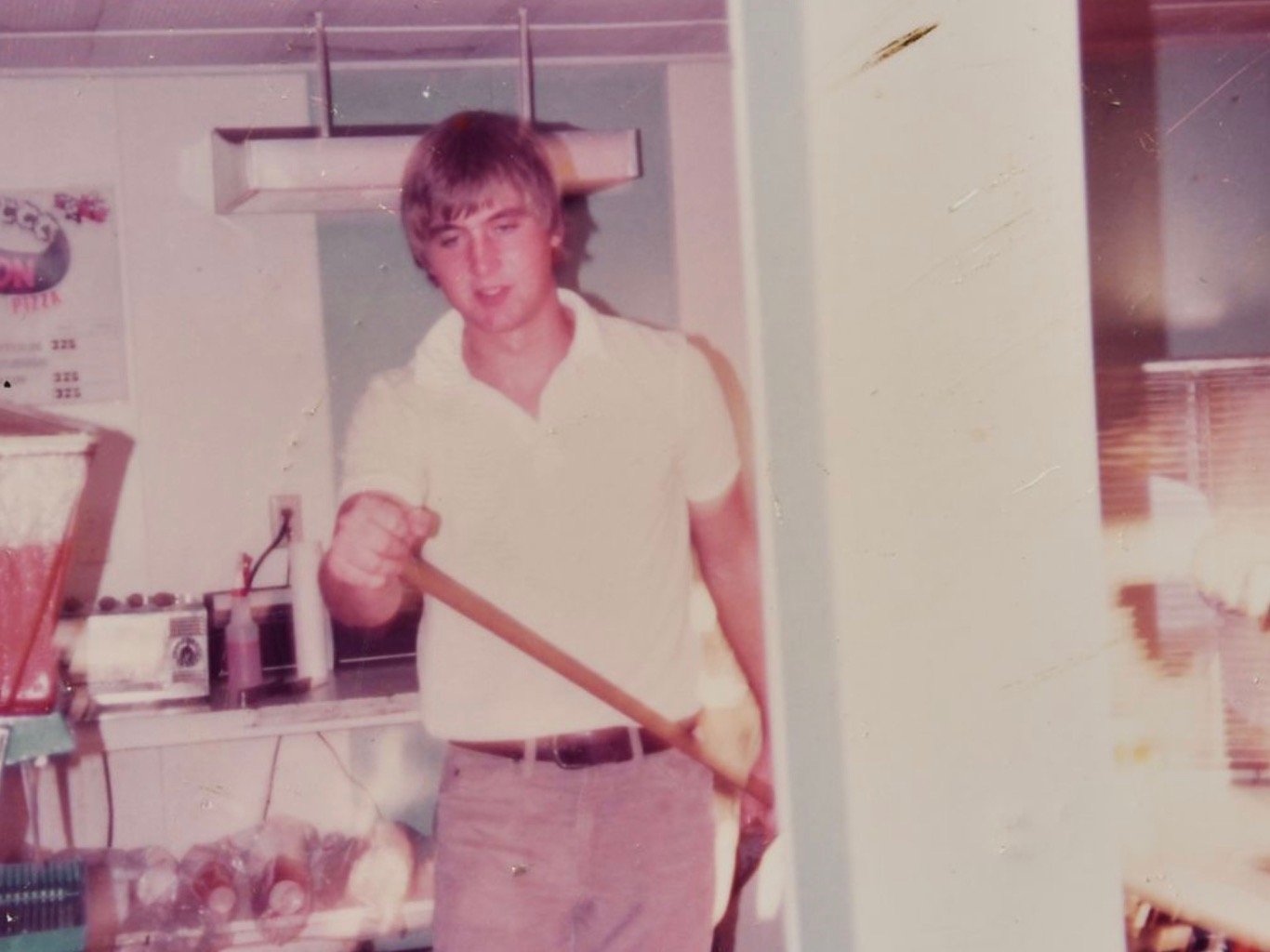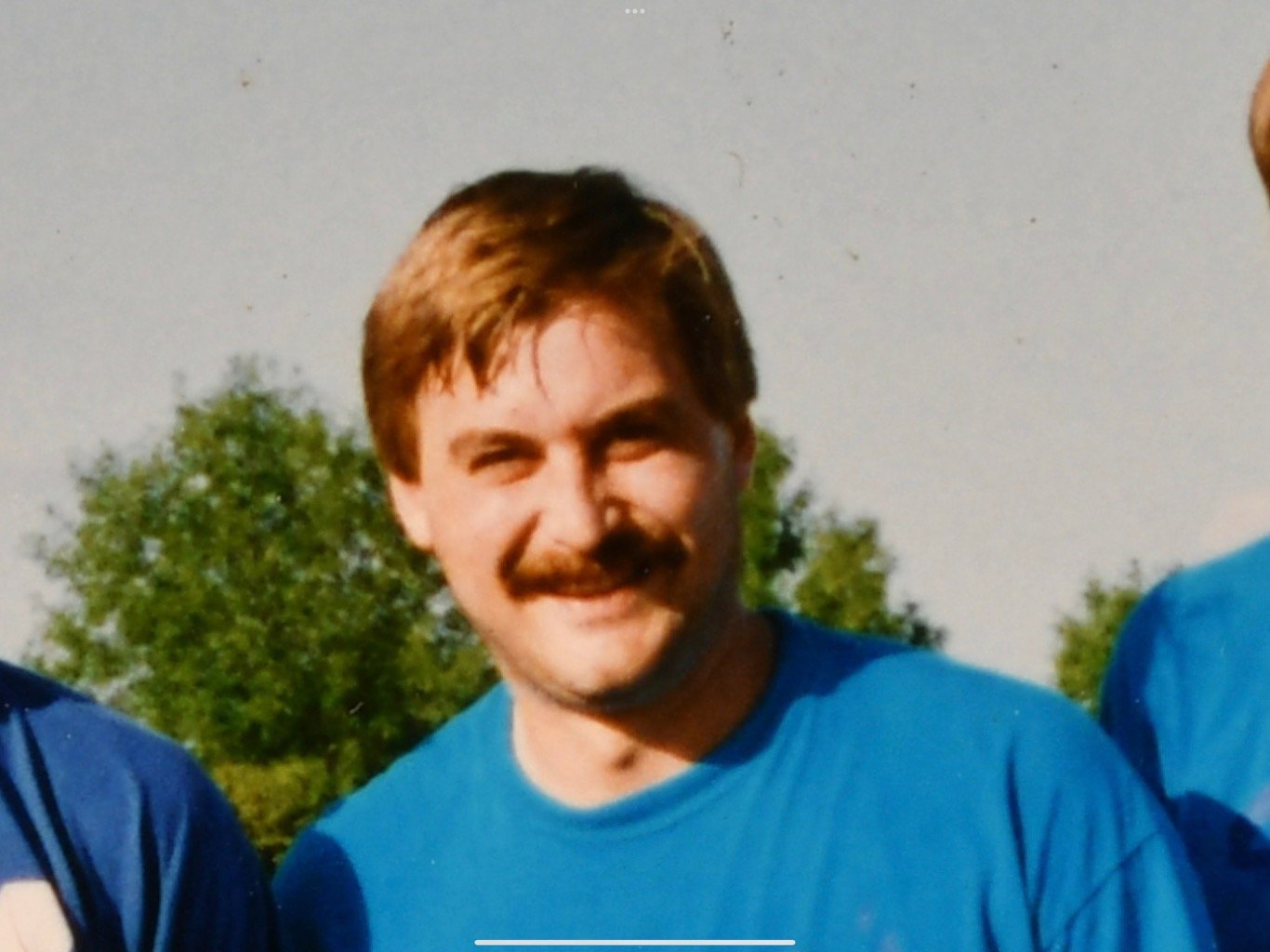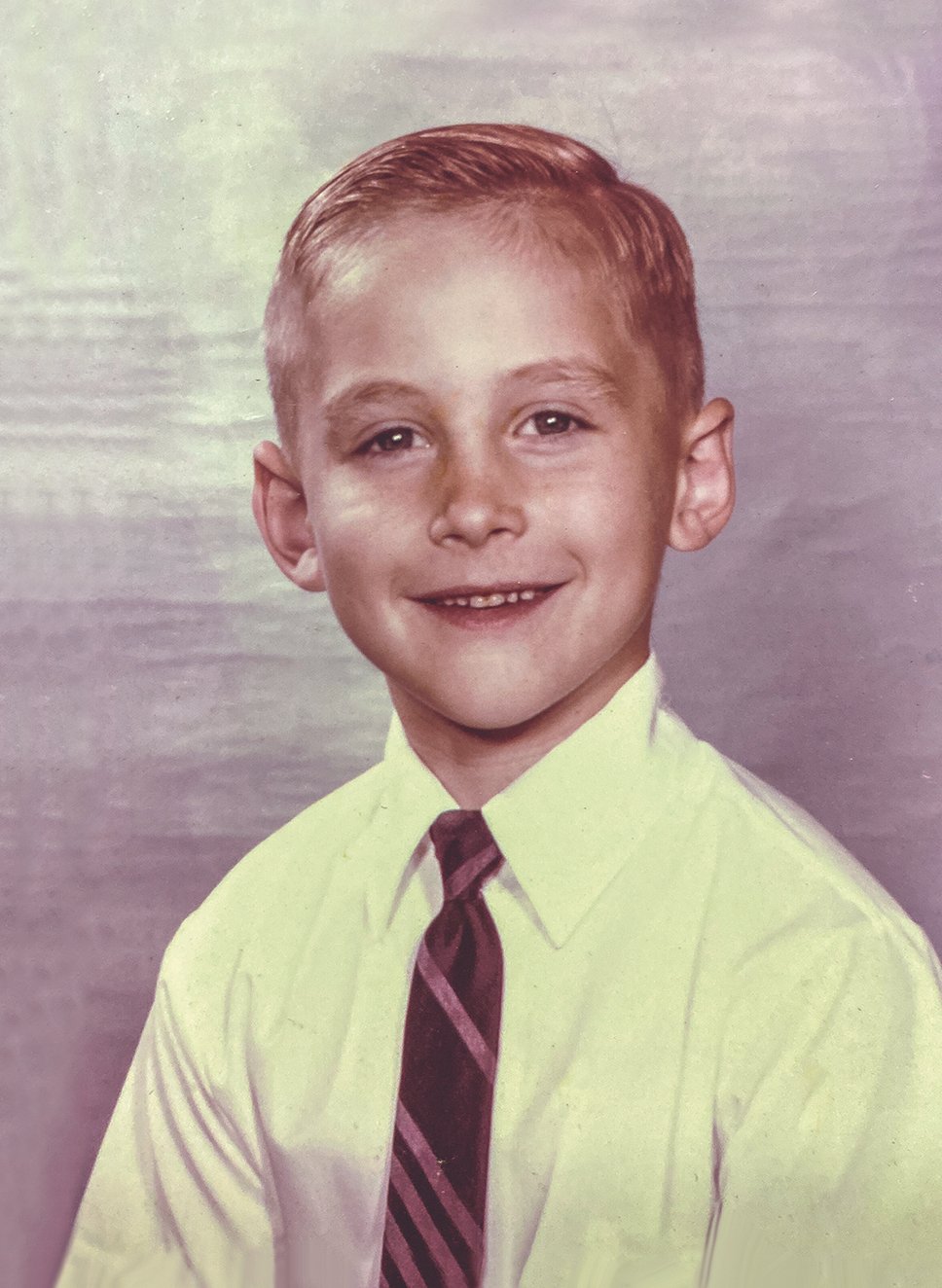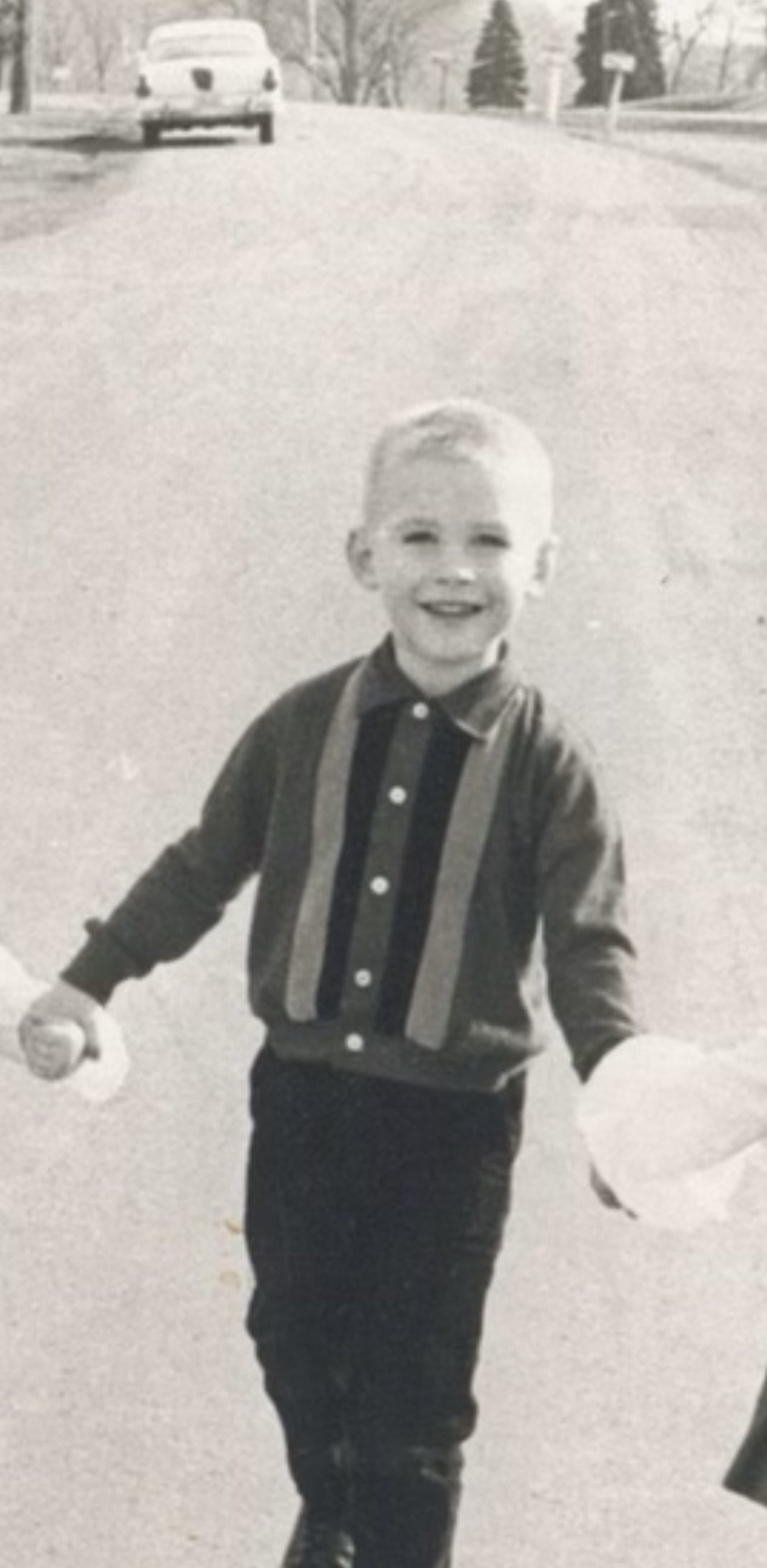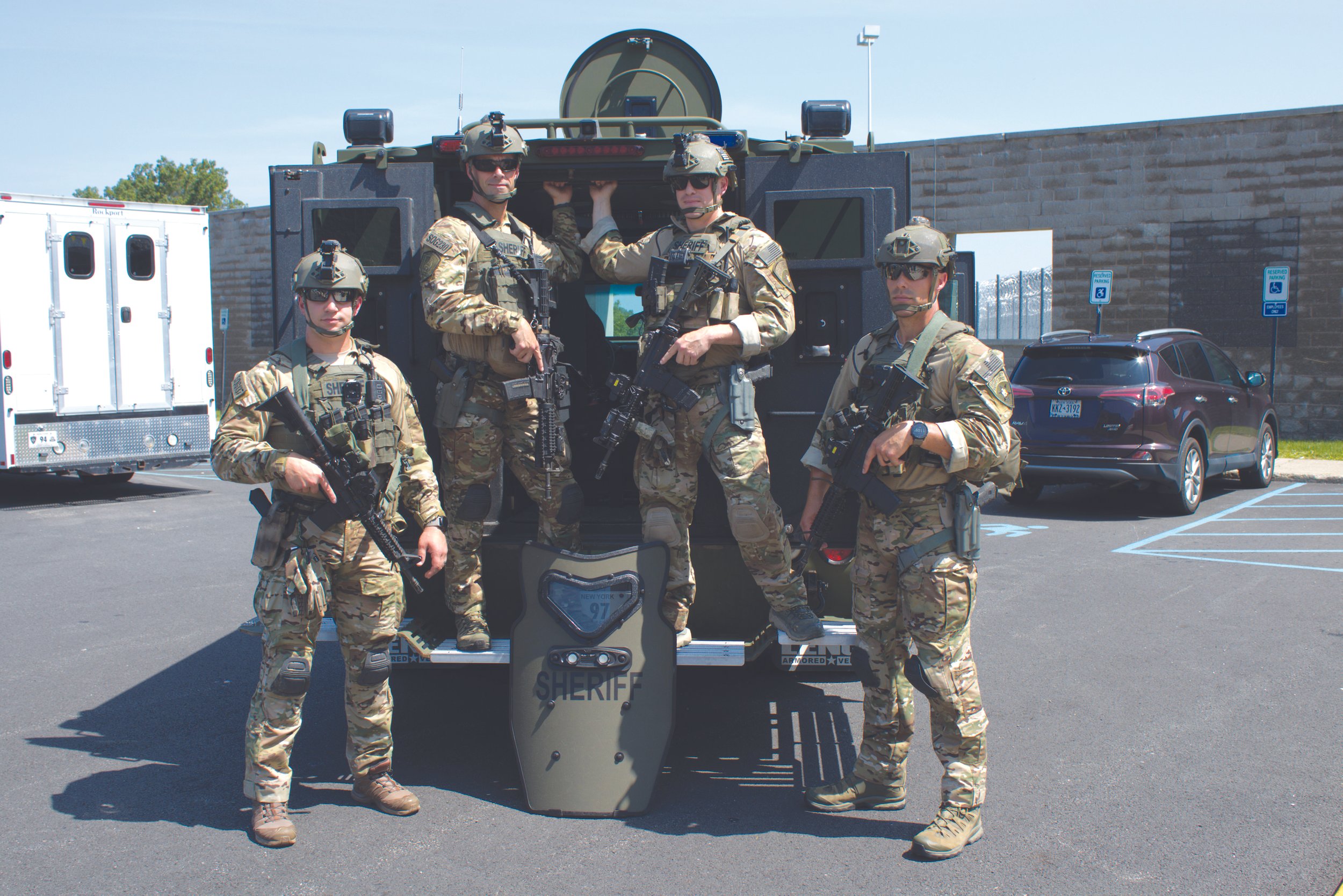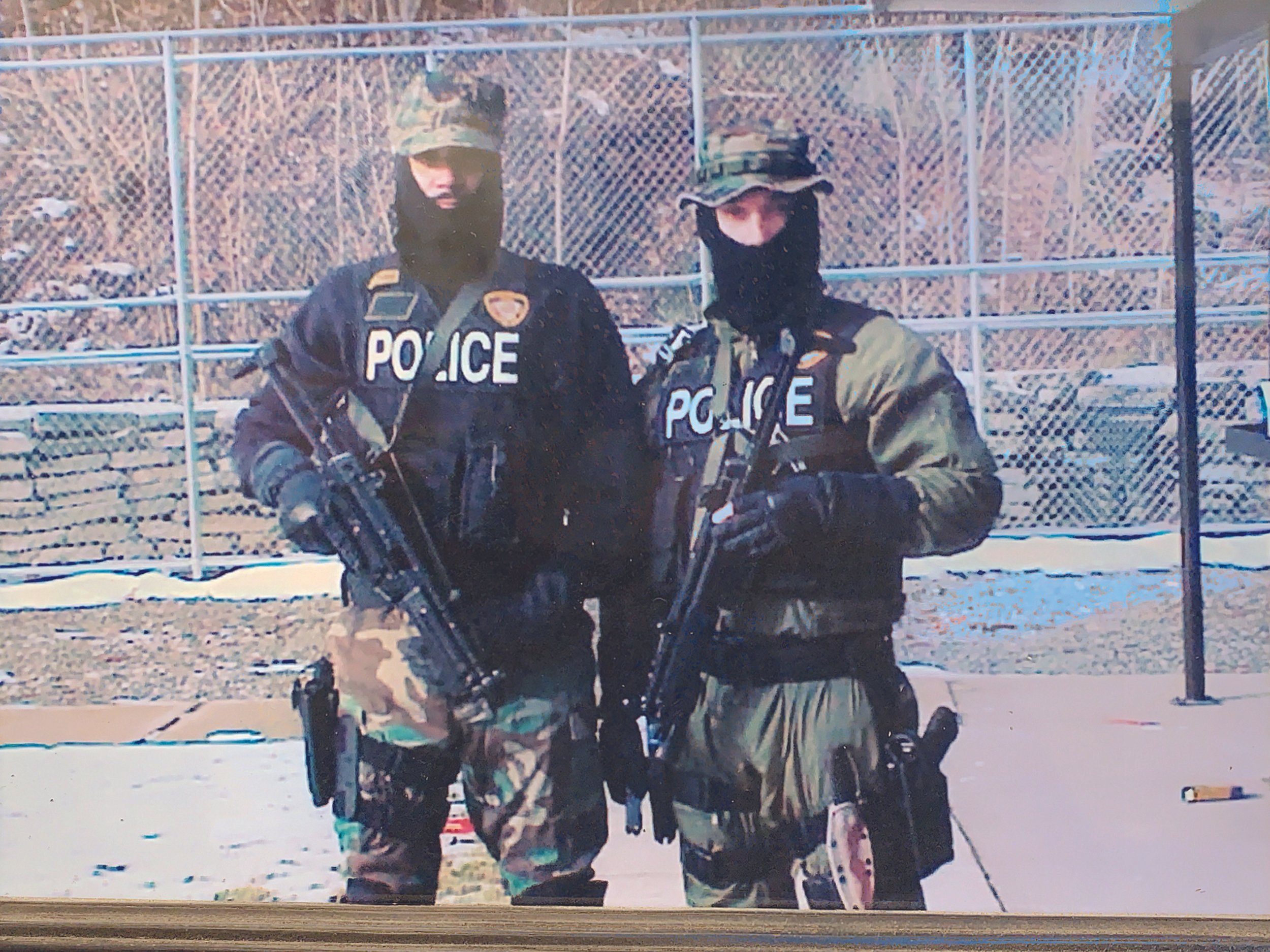Sheriff David Clarke: Re-Imagining Policing Goes Up in Smoke
/Re-Imagining Policing Goes Up in Smoke
By: Sheriff David Clarke
Ever since the war on cops began in earnest nearly ten years ago, cop-hating activists masquerading as sociologists have begun deconstructing American policing by turning the profession into something that was bound to fail. Reform panels began popping up in every major urban city across America. Even former President Barack Obama convened a Task Force on 21st Century Policing that produced a work product of recommendations that were supposed to solve all the problems within policing. These panels included people who knew nothing about the science of policing, including what works and why. Notorious anti-police members of local Black Lives Matter chapters sat on the reform panels as they deconstructed decades of proven methods that enable officers to keep the peace and protect law and order. The things they suggested were inane, and I predicted that this would lead to an increase in crime and get officers and civilians killed and injured. Nonetheless, city leaders and elected officials moved forward.
We are now witnessing a byproduct of this reform effort. De-policing is occurring. Cops are not being as assertive as they need to be. Adding to that are state prosecutors who are on their own capitulation jihad to criminals by refusing to charge career violent offenders. A recent study showed that 69% of criminal cases have been tossed out by New York State prosecutors. That’s right, outright dismissed. And to top it off, legislative policies are being enacted like no bail for some serious criminal behavior. New York Mayor Eric Adams has lost all control of the subway system and then blamed the media for paying too much attention to crime. This as his soft on crime Manhattan District Attorney Alvin Adams finally admits that even he is fearful of crime on the New York subway system as rape, aggravated assaults and turnstile jumping have become a part of the experience for the tens of thousands of strap-hangers using the system daily.
The cluelessness from these elected officials just keeps finding new lows. In Chicago, the newly elected Mayor Brandon Johnson is failing miserably in his responsibility to keep his city safe from crime and disorder. In his infinite wisdom in dealing with a spate of mobs of out-of-control youths, instead of ordering Chicago police administrators to crack down on this untenable behavior, he decided to rename what we all know is unacceptable and criminal behavior. At a recent news conference after what is becoming the norm in the Windy City as weekend street violence reaches staggering levels, he scolded a reporter who referred to these roving bands as a mob. He said, and I am not making this up, “it is important to speak of these dynamics in an appropriate way”. He called them “large gatherings”. He then commended the Chicago police for “attempting to engage with our young people and give them as much warning as they possibly could”. Mass looting occurred and store owners said that this was the second such incident in as many weeks. Police reported that they made 40 arrests. What will happen with those cases remains to be seen in light of this decriminalization era we are in. In Washington D.C., over 60 percent of arrests lead to no charge being issued by the prosecutor’s office. Now, let’s dissect some of that.
So now the plan is to just rename criminal behavior so that it is no longer unlawful. The left tried this previously in calling riots “peaceful protests.” Mayor Johnson participated in this re-imagining by calling mobs, “large gatherings”. Heck, why stop there, mayor? Instead of calling the theft of a retail businesses’ property looting, why not just call it a form of reparations for slavery? This is leading business owners and employees to take matters into their own hands. Several videos are going viral where employees move in to stop the thieves with physical force. Law-abiding people are fed up with the lack of police response to crime and disorder and so they feel that they have no recourse but to take matters into their own hands.
Governments at the state and local level have as their most important responsibility to ensure the personal safety of citizens. Today, they are failing at it and failing miserably. You can’t go one day without reading a newspaper story or seeing on television news or an online account of the out-of-control criminal chaos going on in every large city in America. If the government is not willing to live up to its most important responsibility, then they have to allow and provide the means with which the individual can protect themselves. A few suggestions are to pass stand your ground and castle doctrine laws and make it easier for law-abiding citizens to arm themselves for their protection. Instead, these liberal elected officials are making it more difficult for people to protect themselves and their families, and when they do get into a scenario where they confront a threat to their survival, woke prosecutors look for ways to charge the victim instead of the perpetrator. Ask Daniel Penny, the strap-hanger on a New York subway car who felt, and reasonably I might add, that he and fellow passengers were being threatened by a crazed lunatic. The perp died from a chokehold during the encounter. Penny is facing several serious felony charges including manslaughter. This wasn’t reckless, it was an accidental death. He performed in a way that his military training taught him. Prosecutors cannot hold citizens to a standard we do with trained law enforcement officers. An Illinois sheriff issued a stern warning to prosecutors urging them not to be overzealous in targeting victims who use force to defend themselves. I second that motion.
Law-abiding people have had it being murdered, raped, threatened, assaulted, and having their property taken with no recourse. I am with them. Enough of this lawlessness.
Sheriff David A. Clarke Jr. is former Sheriff of Milwaukee Co, Wisconsin, President of Americas Sheriff LLC, President of Rise Up Wisconsin INC, Board member of the Crime Research Center, author of the book Cop Under Fire: Beyond Hashtags of Race Crime and Politics for a Better America. To learn more visit www.americassheriff.com
























